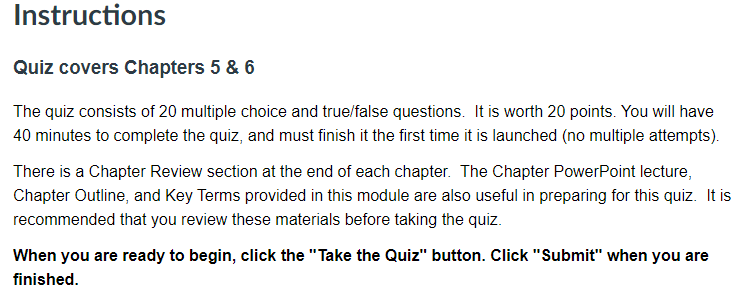
Question 1
Although Descartes believed that everything in the world may be called into question, including the existence of his body and external world, he believed that the simple affirmation _______ must be true each time it is said or thought.
- “Everything is illusion”
- “I exist”
- “All will pass away”
- “God Exists”
Question 2
Descartes’ key point that we can achieve genuine knowledge through our rational intuition into the nature of beliefs is based in his ___________.
- Rationalism
- Nationalism
- Atheism
- Empiricism
Question 3
To Anaximander, the ultimate “stuff” of the universe is apeiron, a Greet word meaning ___________
- Subatomic particles
- Water
- Indefinite or unlimited
- Earth, air, fire, and water
Question 4
Forms were the cornerstone of Plato’s metaphysics and epistemology. He used this word to mean ____________.
- The genetic template for all living things.
- Tangible, physical reality.
- The ideal archetypes or essences of all existing things
- Examples or instances in the physical world of ideal archetypes
Question 5
Aristotle disagreed with Plato mainly because __________.
- He thought Plato had angered the gods.
- He thought that Plato’s philosophy would devalue the world of experience.
- Of Plato’s emphasis on the sensible world of experience.
- He thought that forms were too concrete and not metaphysical enough.
Question 6
All beliefs are considered informed and objectively true.
- True
- False
Question 7
Aristotle was considered a rationalist.
- True
- False
Question 8
Metaphysicians concern themselves with questions such as: Is reality many or one? What is the nature of reality? And, What is time and space?
- True
- False
Question 9
Epistemologists concern themselves with questions such as:What is truth? And, Can we have genuine knowledge?
- True
- False
Question 10
Parmenides argued against the view that change is an illusion.
- True
- False
Question 11
Kant’s epistemology that describes truths about the world that are both necessary and universal is known as his theory of __________.
- Subjective knowledge
- Noumenal reality
- Transcendental idealism
- A posteriori dualism
Question 12
David Hume used the word “impressions” to mean ___________.
- The remembrance of things past.
- The illusory nature of sensory experience.
- The products of our memory or imagination.
- What we directly experience through the senses or emotions.
Question 13
Which philosopher’s skepticism led him to conclude that there is no sound reason to believe in the principles of cause and effect?
- David Hume
- John Locke
- Gottfried Wilhelm von Leibniz
- George Berkeley
Question 14
Empiricism is the position that _____________.
- Reality exists only in the world of forms.
- Philosophy is the pursuit of knowledge.
- Reality can be perceived through the senses
- There is an external world
Question 15
Based on her study of interactions in mixed-sex professional meetings, Carol Edelsky determined that women “came into their own” in which type of situation?
- Collaborative floor
- Turn-taking floor
- Hierarchical floor
- Cooperative floor.
Question 16
For Locke, objects in the world consists of primary and secondary qualities.
- True
- False
Question 17
According to Berkeley, objects in the world exist.
- True
- False
Question 18
Empiricist argue that we can achieve genuine knowledge independent of sense experience.
- True
- False
Question 19
It is possible to develop informed beliefs through critical thinking.
- True
- False
Question 20
For Hume, the logical conclusion of empiricism is skepticism.
- True
- False
ANSWERS
Question 1
Although Descartes believed that everything in the world may be called into question, including the existence of his body and external world, he believed that the simple affirmation _______ must be true each time it is said or thought.
- “Everything is illusion”
- “I exist”
- “All will pass away”
- “God Exists”
To access all answers, use the purchase button below.
